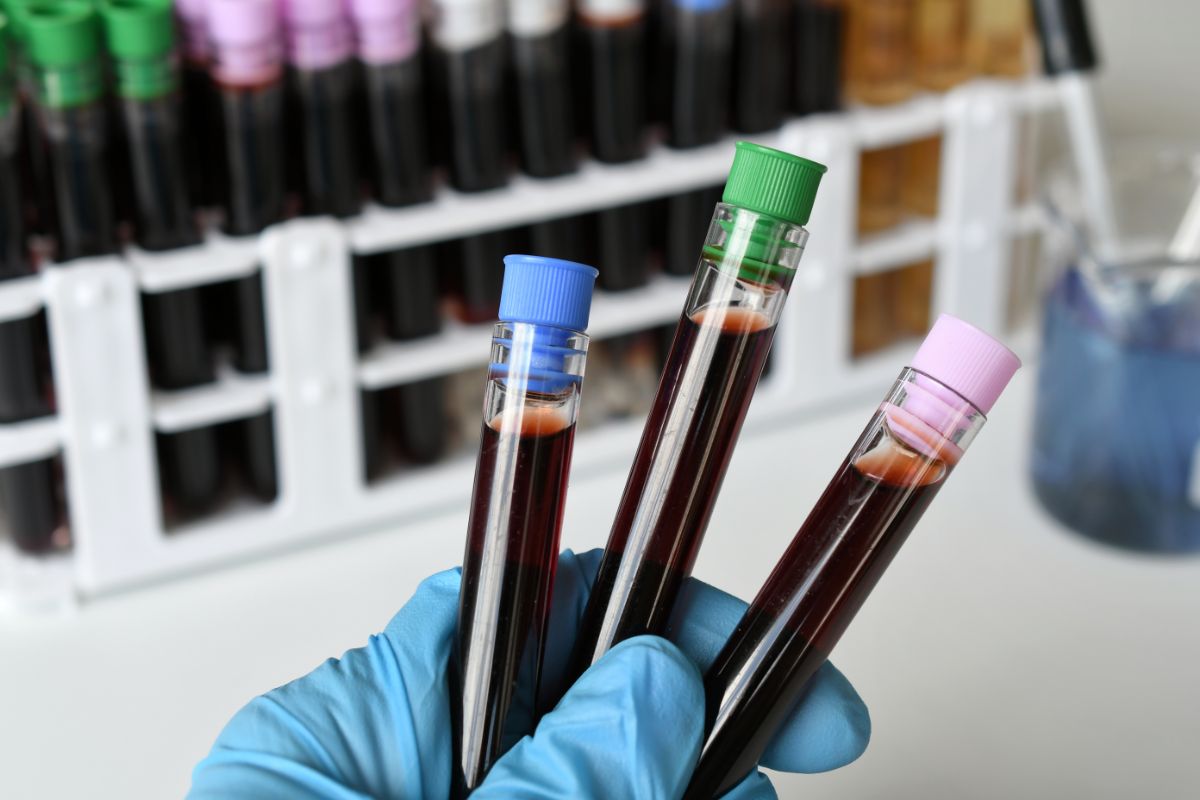What are the tests you undergo to diagnose diabetes?
- A1C Tests
- Fasting Blood Sugar
- Glucose Tolerance
- Random Blood Sugar
- Glucose Screening
Diabetes occurs in your body when it is no longer able to take in sugar, also known as glucose, into your cells to produce the energy it needs. When this happens, there is a build-up of glucose in your bloodstream.
Normally, digestion can break down the food you take into the different nutrients it needs for it to be absorbed into the bloodstream. One of those is glucose. For this to travel to your body’s cells, glucose needs the hormone called insulin.
When an individual has diabetes, the pancreas is either not able to supply the efficient amount or does not produce any at all. It can also be your cells rejecting the insulin created by the body. When glucose does not reach the cells, it stays in the bloodstream causing your glucose levels to rise.
When left untreated, these can lead to serious consequences that can damage many of your organs and tissues. It affects your heart, kidneys, and nerves.
Types of Diabetes
There are different kinds of diabetes that you can develop, which have different implications on your health.
Type 1
This is an autoimmune disease where your insulin-producing cells are destroyed. Doctors usually diagnose these in children and young adults, but this form of diabetes can develop at any age.
Type 2
This is the most common type of diabetes. Those diagnosed with Type 2 Diabetes have a pancreas that either does not make enough insulin or responds to the insulin produced by their body.
Prediabetes
Doctors have started categorizing the stage right before Type 2 Diabetes. This is when your blood sugar levels exceed normal levels but are not high enough to be Type 2 Diabetes.
Gestational diabetes
This is diagnosed in women during pregnancy. Afterwards, this type of diabetes usually goes away.
Who should be tested for diabetes?
Those who experience common symptoms of diabetes are encouraged to get tested early by doctors. These are the following:
- Frequent urination
- Extreme Thirst and Hunger
- Weight Loss for no particular reason
- Blurred Vision
- Numb or tingling hands and feet
- Very Dry Skin
It is also recommended for children and young adults with a family history of diabetes to be tested.
A1C Tests

This test provides technicians and doctors with your average levels of blood glucose for the last three months. This is not recommended for pregnant women in their second or third trimester as well as those with certain types of anemia.
This is done by taking a blood sample from you. A needle is either inserted into a vein in your arm or pricked from your fingertip. The results of this test will show your doctor your average blood sugar levels in percentage form.
Fasting Blood Sugar
This is also known as the fasting plasma glucose test. Here, your blood glucose level is measured for a single point in time. You are required to fast for at least hours before the test to get the most accurate results. That means you are not allowed to eat or drink except for occasional sips of water.
Blood is also drawn from your body by a needle for this test. If your blood sugar levels are 126 mg/dL or higher, it means you have diabetes.
Glucose Tolerance
This is another test that requires you to fast at least 8 hours before the test. It measures your blood sugar before and after drinking a liquid high in glucose.
Two blood samples are taken from you during this test. Just like a fasting blood sugar test, blood is drawn from you. After, you will need to drink a liquid that is high in sugar. A blood sample is taken from you two hours after drinking.
This is also conducted for pregnant women testing for gestational diabetes. Blood is drawn from them every two to three hours.
Random Blood Sugar

This test is conducted when a patient is experiencing symptoms of diabetes without wanting to undergo the eight-hour fast. This will measure your blood sugar levels during the time you are tested.
Glucose Screening
During this test, you are required to drink a liquid high in glucose. Blood is drawn from you after an hour to check your blood sugar level.
This also measures your blood sugar levels at the time you test. If the results are higher than 140 mg/dL, doctors often request you also do a glucose tolerance test.
Key Takeaway
Just like other conditions, it’s best to undergo screening and testing for diabetes as early as possible. This article detailed a series of diabetes tests you may undergo if you find yourself experiencing symptoms. If you think you’re experiencing symptoms of this, set an appointment with your doctor to undergo the tests you’ll need.
At PERPETUAL HELP MEDICAL CENTER-LAS PINAS, our Nutrition Intervention Management Services (NIMS) offers detailed and personalized programs, and services such as nutrition screening and assessment, diet counseling and nutrition education. These complement the patient’s health condition and medical requirements, and can help those with diabetes achieve a better quality of life. Click here to learn more!
